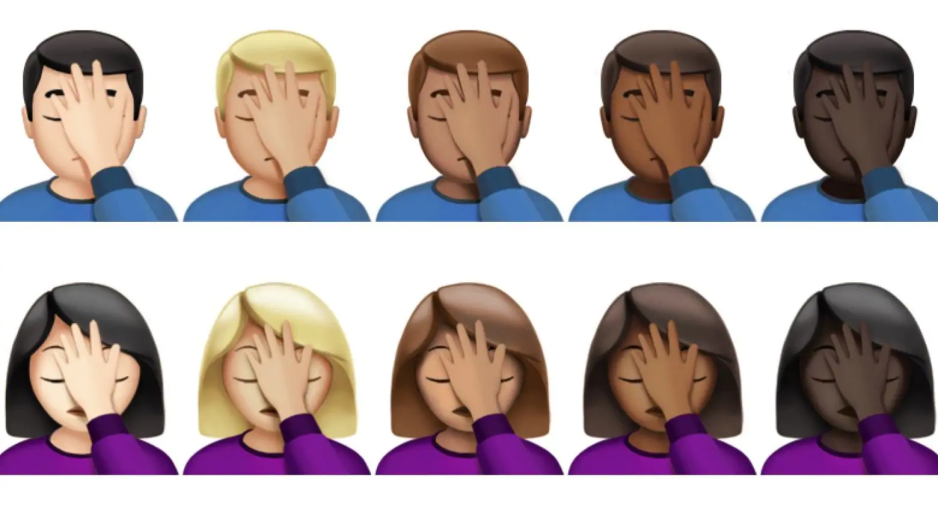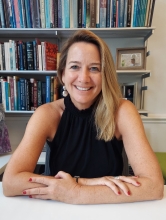
The following is the text from a speech delivered by NYU Professor Kristie Patten Koenig at the Doctoral Convocation Speech for NYU Steinhardt, May 11, 2017
First, on behalf of the faculty I would like to congratulate each of you for your accomplishments that we mark today. We celebrate your achievements, we welcome and thank your families and friends for their support, and recognize the perseverance and passion that brought you to this day. This is a moment, one of many moments over the course of your careers as researchers, educators, performers and professionals that you can look back and claim as part of your journey.
I am sure that each faculty member sitting behind me can remember this very same moment in their career and if asked could share other defining moments in their lives as a scholar as they examined their content area more deeply, engaged in a research project that yielded surprising findings, produced a musical piece or a work of art that took their own breath away, or questioned existing paradigms that foster oppression, sometimes revealing that their own work may have been supporting these paradigms.
If you will indulge me, I want to share one of my defining moments that falls into the last category. The message from this moment can be summed up in a three-word phrase that has served me well since my own graduation with a PhD in Educational Psychology. My hope is that it will be of some benefit to you as you enter the next chapter in your academic and professional lives. It is a three-word phrase that is rarely said these days. It is a three-word phrase that turned me in a different direction as an occupational therapist, as an educator, as a researcher and quite frankly as a human being. It is a three-word phrase that once you say it, if you reflect and then act, your work and focus must change. It has too. It is a three-word phrase that one rarely hears anymore, especially in the echo chamber of our current discourse. It is quite simply, I was wrong, and I hope you get a chance to be wrong too.
Now I know this message may not resonate right now, after successful defense of your dissertation, or successful clinical placements, so let me explain.
As a practitioner I worked on the myriad of deficits that individuals with autism display. As a researcher, I began my career studying deficits and examined the efficacy of interventions on outcomes associated with these deficits. I was on my way as a confident newly minted PhD!
Early on I received a small training grant to develop materials to train behavioral health providers. By chance and inspiration we decided to interview adults with autism long before people were talking to adults with autism. We had no idea what information we would be able to gather as we traveled throughout the state, recruiting adults for interviews to help guide our materials that we were developing for children. My colleagues and I had the incredible fortune to interview several individuals who typed independently to communicate but were non-speaking. Each of these individuals demonstrated atypical behaviors associated with the core features of autism, flapping, aggression, self-injurious behavior, lack of eye contact, and often covered their ears when we arrived and rocked back and forth prior to the interview. I knew these weaknesses, I spent most of my professional life either remediating these weaknesses or studying interventions to remediate these weaknesses. I knew these behaviors. These were familiar deficits.
As each interviewee sat down at their keyboard and began to painstakingly type out their answers, their deficits were present but quickly overshadowed by their messages. I listened as the first college graduate in the state that was non-speaking typed out “I would like to write a book about disability and my experience using Foucault’s frame of normal.” I listened as a young woman typed that she wanted to be a “regular girl,” and before I could ask my follow up as to what she meant, watched as she encircled her left ring finger signifying a wedding or at least an engagement. I listened and watched as a young man, one who has deficits in empathy and perspective taking according to us experts, saw his mother grieving after her father, his grandfather had died, type out, “mom don’t bear you sadness on your shoulder, bear it in your heart where remembering can turn the pain into love.” A profoundly empathetic statement. I realized our simple communication systems we used were wrong. I realized that our IQ testing would not only get the cognitive capacity of these individuals wrong, but then our educational systems would program to that arbitrary number. I realized that by every professional focusing on their deficits, these individuals could not identify what their own strengths were. The system, and I as a part of that system had framed a language of deficit, a language of weaknesses, that was reinforced by society over and over again.
By listening, I realized I was wrong. We do not build our lives on remediated weakness, why are we expecting those we serve to build their lives on remediated weaknesses? We define and study lack of empathy in autistic individuals without even examining our own lack of empathy towards the autistic way of being. We focus primarily on a deficit-based model while giving lip service to a person’s strengths. How was I perpetuating this? Why was I studying all that was wrong versus what was right? How is society complicit in perpetuating a deficit narrative, and what is my role in not only challenging that paradigm, but overturning it. This is my frame now, it is essential to who I am as a human being, what I care about in research, and who I listen to. All because I was wrong.
So listen to those you have the privilege to serve and hear their voice. Challenge systems. Question from within. Partner with versus simply studying people. Disseminate your work to communities where it matters most. Listen and hear and listen some more. Change your mind. Go in a different direction. To paraphrase Maya Angelou when you know different, please, please do different! I look forward to each of you having those moments, moments that matter, moments that define you. Moments that you will look back and say because I was wrong, it made all the difference. Thank you and congratulations!!


